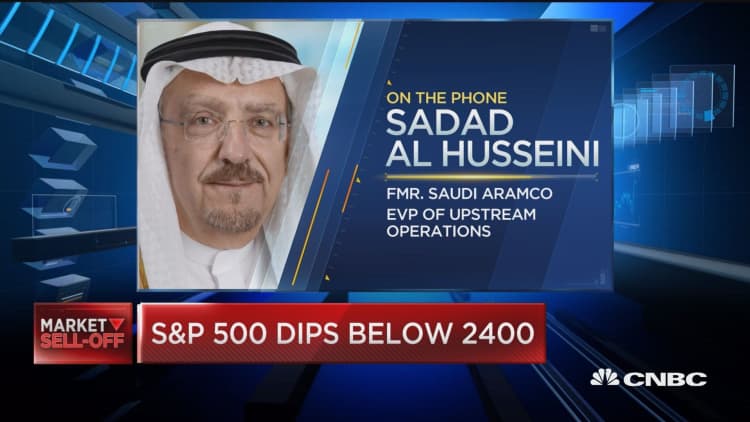It is highly unlikely that OPEC and other oil producers would set up a joint structure due to the additional red tape it would create as well as the risk of U.S. monopoly-related sanctions, Russian Energy Minister Alexander Novak said on Thursday.
The Organization of the Petroleum Exporting Countries and other top oil producers led by Russia have since the end of 2016 made an unprecedented joint effort to curb output and support prices.
OPEC and Russia jointly produce more than 40 percent of the world's oil.
Russia's energy ministry had said that Moscow and OPEC lynchpin Saudi Arabia had reached a general agreement that the OPEC+ format should be "institutionalized" and extended until 2019 and beyond to monitor the market and take joint action if needed.
However, Novak said such an idea has been ditched.
"There is a consensus that there will be no such organisation. That's because it requires additional bureaucratic brouhaha in relation to financing, cartel, with the U.S. side," Novak told a briefing to reporters.

I think, non-OPEC (countries) will not agree as they don't want to be hit by sanctions."
Proposed U.S. legislation known as "NOPEC" could open OPEC up to anti-trust lawsuits but has long laid dormant, with previous U.S. presidents signaling that they would veto any move to make it law.
However, U.S. President Donald Trump has been a vocal critic of OPEC, blaming it for high oil prices and urging it to increase output.
"This won't be an organisation, this is some mechanism of cooperation: to convene, to discuss, adopt some memorandums, joint resolutions," Novak said about future cooperation with OPEC.

